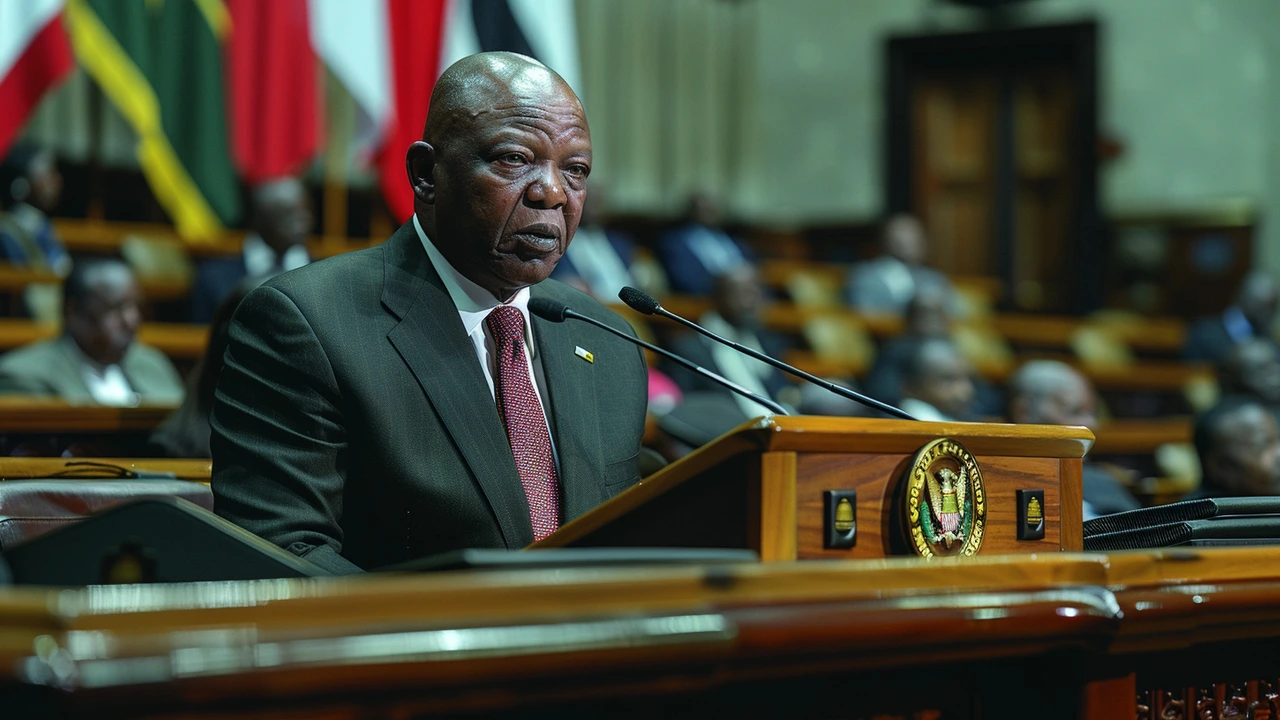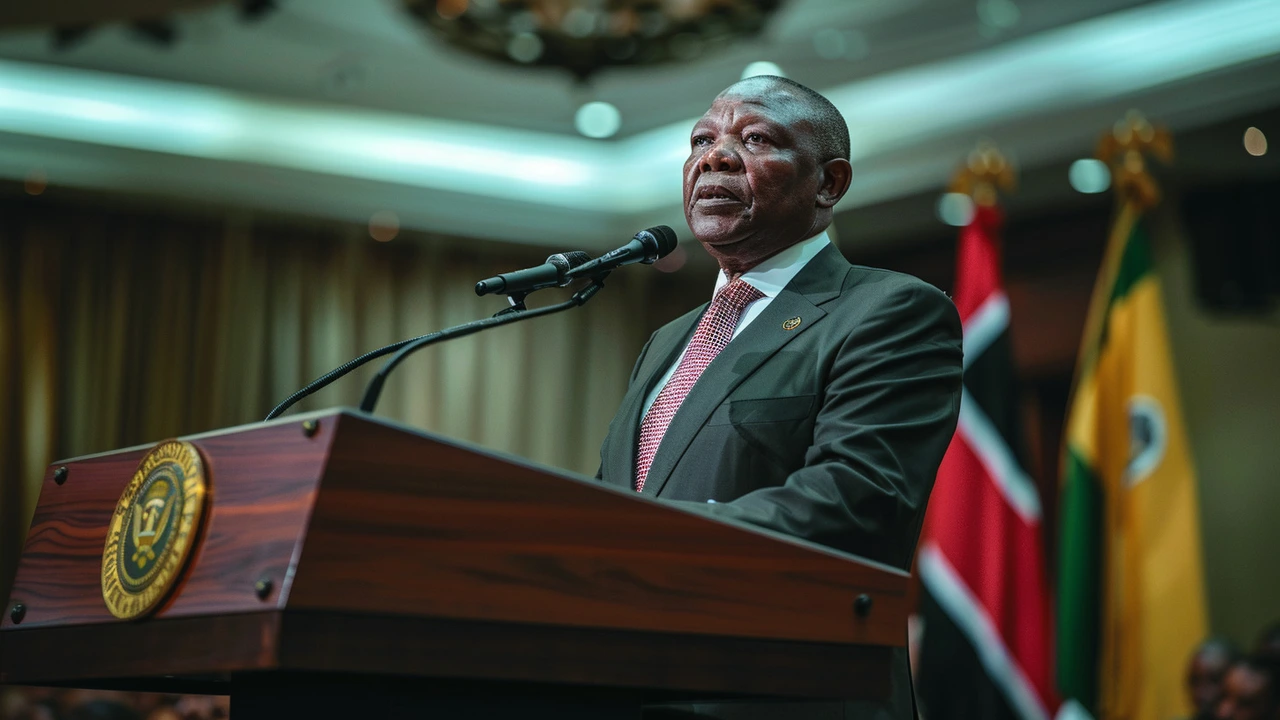DA Challenges Ramaphosa's Pre-Election Speech in Electoral Court
The political landscape in South Africa has been jolted by the latest move from the Democratic Alliance (DA) against President Cyril Ramaphosa. With elections looming, the DA has filed papers at the Electoral Court claiming that Ramaphosa’s televised national address on Sunday was a clear-cut violation of the Electoral Act. The address, intended to highlight the achievements of the sixth administration, has been labelled by the DA as a blatant campaign tool for the African National Congress (ANC).
The Address in Question
President Ramaphosa’s national address, which was broadcasted nationwide, drew significant attention as it outlined the successes and milestones of his administration. The timing, however, has raised eyebrows, as it occurred just a day before the country is set to vote. By presenting these achievements right before the elections, the DA argues that Ramaphosa was essentially campaigning under the guise of a governmental update.
During his speech, Ramaphosa spoke about various accomplishments, from economic reforms to improvements in public services, all attributed to the ANC's governance. According to the DA, this address wasn't just about informing the public but was a strategic move to sway voters in favor of the incumbent party. The use of public funds and state resources for this broadcast is what the DA finds highly contentious.
DA's Allegations
The DA's legal team has meticulously outlined several allegations in their court filings. They assert that Ramaphosa's actions amount to an abuse of his position as the head of state and a misuse of public funds to benefit the ANC. This, they argue, puts other political parties at a disadvantage, as they do not have the same access to state resources. The DA is not merely looking for a reprimand but is demanding tangible consequences.
Specifically, the DA is seeking a reduction of 1% in the ANC's total vote count as a penalty for Ramaphosa's alleged misconduct. Additionally, they are asking for a fine of R200,000 to be imposed on the President. These measures, according to the DA, would serve as a deterrent to prevent similar incidents in the future and ensure a level playing field for all political parties.
Political Implications
This legal challenge has significant political implications, as it brings to light issues of fairness and the use of state power during election periods. The ANC, which has been the ruling party since the end of apartheid, is now facing a formidable challenge not only from its political rivals but also from legal avenues. If the DA's case succeeds, it could set a precedent for how electoral conduct is governed in the future.
Furthermore, this move by the DA could resonate with voters who feel that there needs to be a stricter separation between state resources and party politics. It raises questions about the extent to which incumbents can leverage their positions and resources for electoral gain. With the elections imminent, this issue could very well be on the minds of many as they head to the polls.
The ANC's Response
In response to the DA's accusations, the ANC has vehemently denied any wrongdoing. They argue that the address was a standard update from the President, a regular occurrence that should not be construed as electioneering. The ANC's spokesperson has labelled the DA's actions as a desperate attempt to gain political mileage. They maintain that the timing of the address was coincidental and not strategically planned to influence voters.
The ANC also contends that the achievements highlighted in Ramaphosa's address are factual and represent the hard work of the administration over the past term. They assert that the public has a right to be informed about the government's progress, especially in challenging times. Ramaphosa himself has yet to comment directly on the legal challenge but is expected to address the matter soon.
Legal Perspectives
Legal experts are divided on the DA’s chances of success in this case. Some believe that the DA has a strong argument given the timing and content of the address. They argue that using state resources for what appears to be political campaigning could indeed be a violation of the Electoral Act. Others, however, caution that proving intent and drawing a clear line between a governmental update and electioneering is complex.
The Electoral Court will have to consider several factors, including precedent, the content of the address, and the timing relative to the elections. The court’s decision could have far-reaching consequences for how political campaigns are conducted in the future, especially by those in power. It may lead to stricter regulations and clearer guidelines to prevent the misuse of state resources.

Conclusion
As South Africa approaches another crucial election, the actions of political parties and candidates are under intense scrutiny. The DA's legal challenge against Ramaphosa brings to the forefront important questions about the integrity of the electoral process. Whether the court rules in favor of the DA or not, this case highlights the need for vigilance and accountability in the use of state resources during election periods. As voters prepare to cast their ballots, these issues will likely weigh heavily on their decision-making process, potentially shaping the future political landscape of the nation.






Write a comment